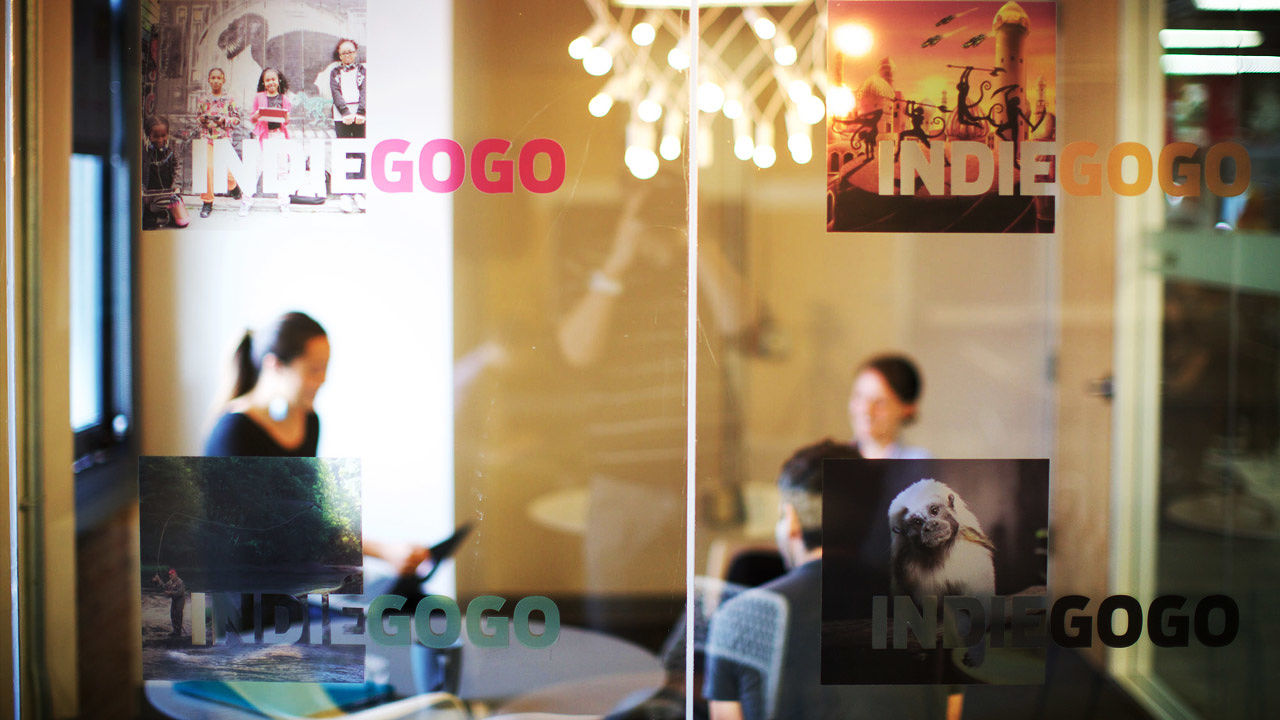This One Thing Gives Women The Edge In Crowdfunding
From glass ceilings to wage gaps, women in the workforce are often at a disadvantage. For female entrepreneurs, the challenges are sometimes even greater. But recent research has uncovered something that is working in women founders’ favor: storytelling on crowdfunding platforms.
Even though , an MIT study found that when women pitched investors for funding, they were less likely to score than a man delivering the exact same pitch. If you’re a mother or a woman of color, hurdles from biased thinking to lack of networks make it even harder to get funding.
Crowdfunding aimed to level the playing field for startups. Industry analysis from Massolution, a research firm specializing in crowdfunding, estimated that global crowdfunding raised over $34 billion in 2015, making it an increasingly popular alternative to venture capital and angel investing.
Platforms such as Indiegogo and Kickstarter eliminated the need for pitch presentations and their potential for unconscious bias. A study from NYU and Wharton revealed that women tended to support each other in greater numbers in crowdfunding. Women-only teams had a 40% better chance of meeting fundraising goals, while in tech, the success rate for women-led Kickstarter projects was 65% as opposed to just 35% for men.
A recent study from UC Berkeley and Northwestern University found that women have an edge in crowdfunding, not only because they are appealing to others like them, but because of their distinct writing styles.
The study’s authors, Andreea Gorbatai, an assistant professor at UC Berkeley’s Haas School of Business and Laura Nelson of Northwestern University’s Kellogg School of Management, found that successful crowdfunding efforts demand well-crafted writing. Gorbatai notes in a statement, “Women are better at telling a story that resonates with potential crowdfunding investors.”
Related: Is Crowdfunding Leveling the Playing Field for Female Entrepreneurs?
The authors observe that crowdfunding contributions function more like donations than traditional business investments. “Entrepreneurs seeking funding must get potential investors excited about their projects; this is difficult to do in a traditional financing setting, but even more so in crowdfunding, where financial gain is not factored into the decision,” they write.
Because the platforms are online and potential contributors can’t see the visual cues that accompany a pitch, they must rely on the language used by the fundraiser. “One way to get people to feel good about giving to a business idea is by using positive language and appealing to people’s emotional sides,” they say.
The authors examined four different types of language used in campaign descriptions: positive (sentiment) language, vividness, inclusive language, and business language. They suggest that women are not only more likely to use positive emotional and inclusive language, but also more likely to succeed in raising the required funding. On the flip side, they posit that men are more likely to rely on money-related language to make their case.
They tested their theory using data from nearly 10,000 campaigns for small businesses and tech on Indiegogo that ran between 2010 and 2013. They filtered for those run by a single person who wrote more than 50 word descriptions of their campaigns and did not use a video pitch. Women were solo entrepreneurs on 35% of the small business campaigns and on about 10% of the technology campaigns. They then analyzed the amount of money raised, because on Indiegogo, campaigns have flexible terms that allow the fundraiser to receive the money, even if they don’t meet their goal amount.
Inclusive and emotional language resulted in more successful campaigns. The use of vivid language, regardless of whether it was written by a man or a woman, didn’t impact the success or failure of the campaign. Ironically, the authors found that business language was negatively correlated with money raised.
The authors also cited the aforementioned NYU and Wharton study that proved women outperform men as a result of getting more traction with fellow female investors. However, analysis of donation patterns between the genders from this study reveal that linguistic characteristics have similar impacts on both male and female donors.
Of course, the authors recognize that some campaigns will do better just by virtue of offering a superior product or better business idea. They also point out that because crowdfunding is a nontraditional way to raise capital, contributors aren’t approaching investments the way a professional angel investor or even a bank loan officer would. Risk and portfolio management are supplanted by an idea that inspires or a product the individual would like to own.
In an online environment that relies on written communication—as opposed to body language or appearance that could trigger discrimination—women have a better shot at getting funding for their ideas.
Related Video: here’s what rachel ray thinks of the gender wage gap
Fast Company , Read Full Story
(19)















